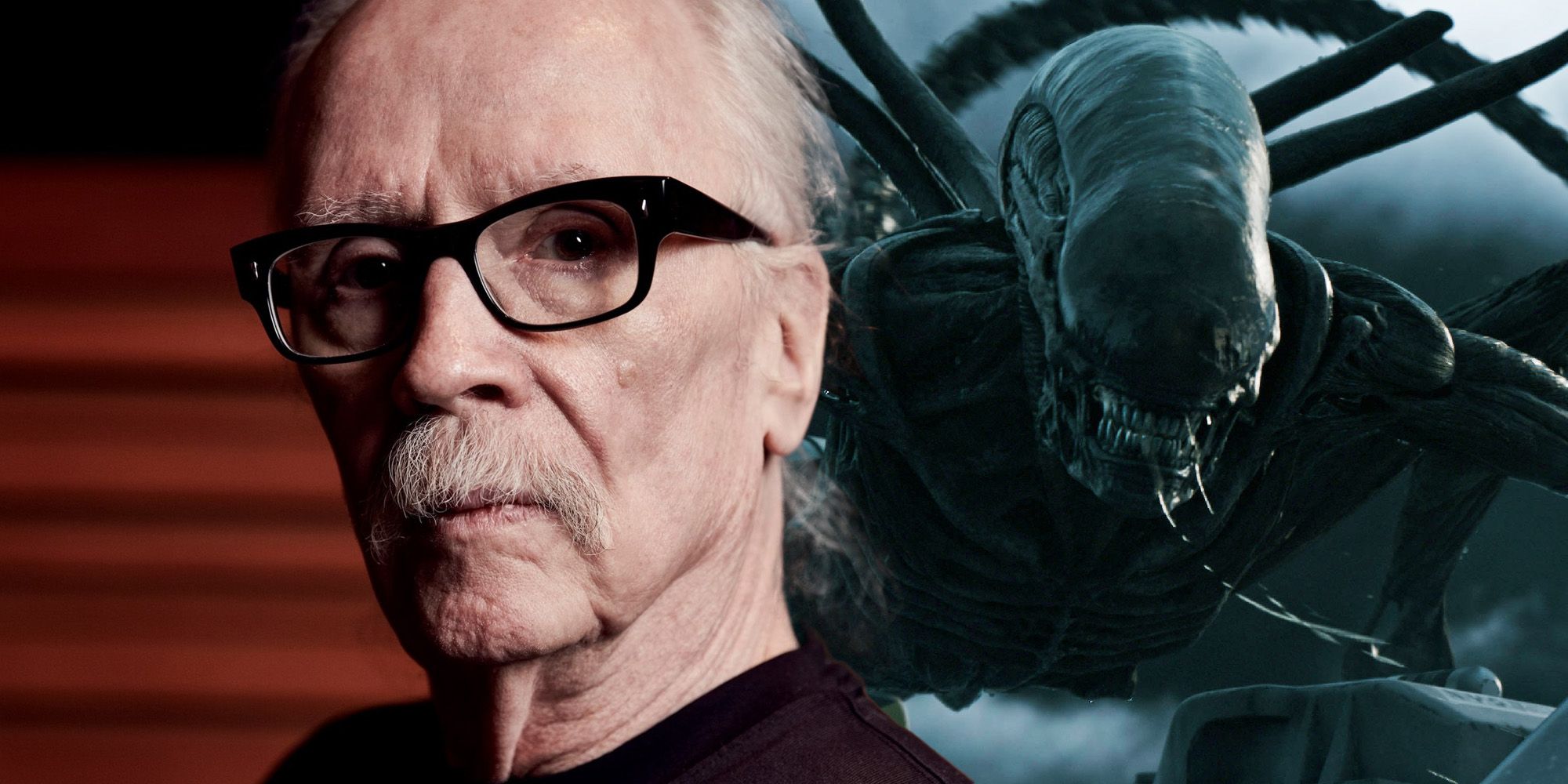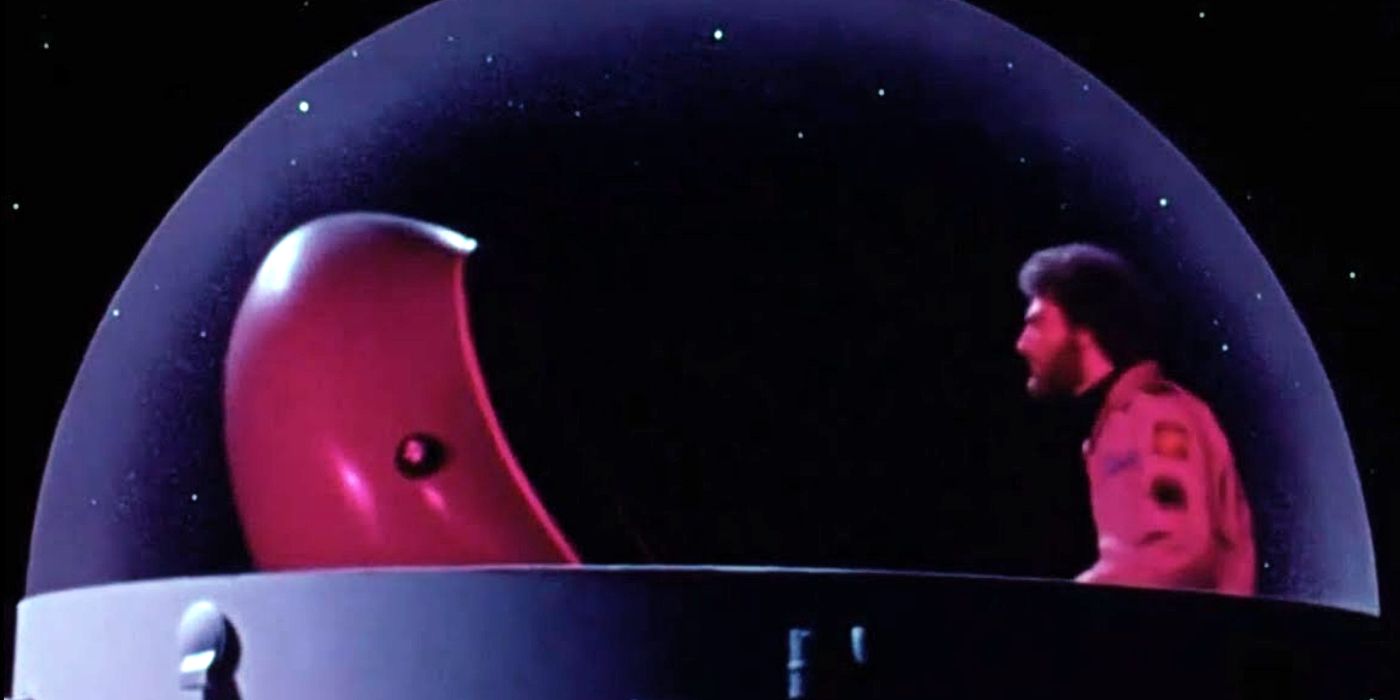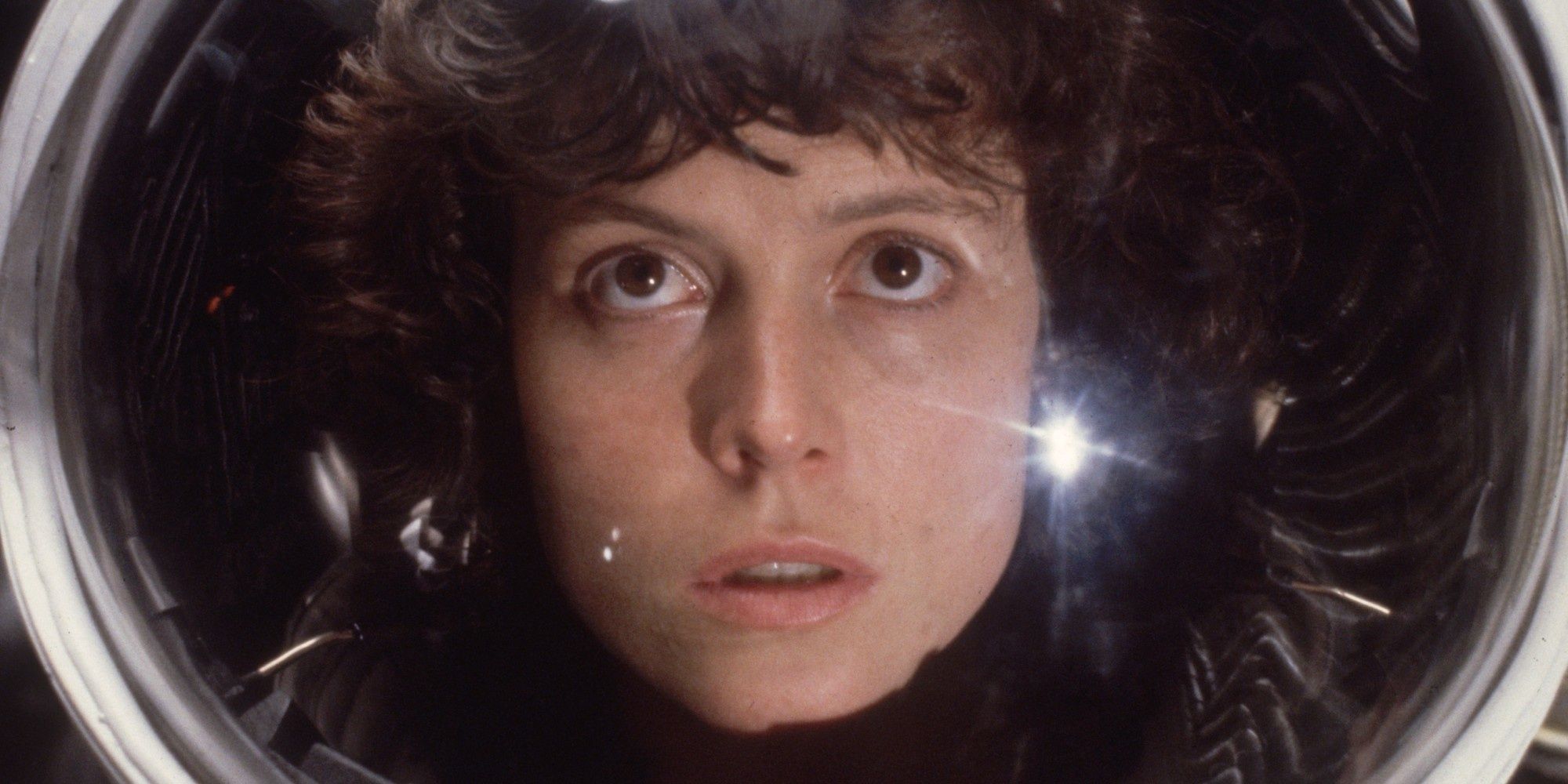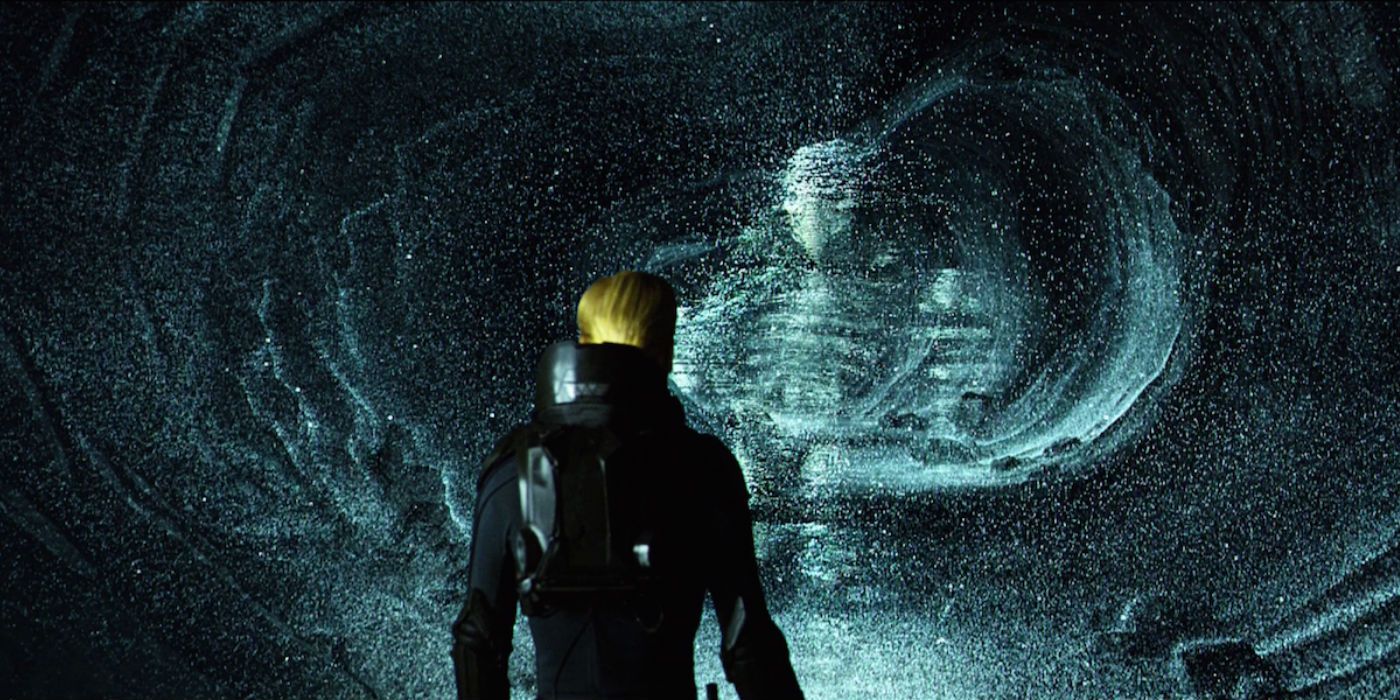What would the Alien franchise have looked like if it was made by John Carpenter? Hailed as a creative genius in the realm of action and science fiction horror, John Carpenter helms a cinematic oeuvre that comprises of a host of cult classics, including Dark Star, In The Mouth of Madness, They Live, and The Thing, among others.
Carpenter’s world is one rife with terror of an unspoken kind, and his extraordinary run in the ‘70s and ‘80s inspired a new generation of young filmmakers, including James DeMonaco, who has been channeling a Carpenter-esque aura throughout The Purge film series. Beyond the shadow of a doubt, Carpenter is the master to creating visceral atmosphere via long, lingering shots, as exemplified in the bravura opening shot of 1978’s Halloween, a film that forever transformed the slasher genre.
It was only a year later that Ridley Scott’s sci-fi classic, Alien, was released. If one were to envision an alternative reality in which Carpenter had directed Alien instead, what would the film, and possibly the entire franchise, look like? Here’s a deep dive into the situational crossovers that could have potentially led to this possibility, and the probable outcome of the same in terms of Carpenter’s legacy and that of the Alien franchise.
Dan O'Bannon & John Carpenter's Connection Explained
Screenwriter Dan O’Bannon wrote the screenplay for Alien, which was adapted from a story named The Star Beast, which he had put together with Ronald Shusett. The primary brilliance of the first Alien movie can undoubtedly be attributed to a solid narrative, which O’Bannon had imbued with a special sort of timelessness, helmed by smart twists and memorable characters. However, years prior to penning Alien, when O’Bannon was a film student at the University of South California in 1970, he had collaborated with a classmate on a highly-ambitious graduation short film. The classmate was none other than John Carpenter, who seemed interested in science fiction from the get-go, which would later culminate in more refined shades in The Thing.
This graduation project gradually became the smart, cynical, low-budget classic, Dark Star, which featured rich, dark humor and impressive visuals despite its limited budget. O’Bannon’s talents shined forth through Dark Star, which caught the attention of Alejandro Jodorowsky, who was working on his now-aborted adaptation of Frank Herbert’s Dune. On the other hand, Carpenter branched into a different career trajectory, choosing to delve into the action thriller genre, which led to the bloody, eerie brilliance of 1976’s Assault on Precinct 13. While no one can possibly control the inexplicable paths through which life takes us, it would have been interesting if Carpenter had continued collaborating with O’Bannon, which could have ultimately led to him directing the first Alien movie.
John Carpenter's Alien Could've Made Him The King Of Sci-Fi Horror Movies
Carpenter’s Alien would be greatly different than Scott’s, as no two visionaries perceive cinematic premises the same way. A lot can be gleaned from Carpenter’s directorial style in Halloween - Alien, if directed by him, would have featured extensive camera work to establish the geography of the setting, especially the interiors of the commercial space tug, Nostromo. The same can be said about his signature use of lighting, framing, and long tracking, which would have purportedly granted an aura of heightened cosmic dread to Alien. As O’Bannon was already acquainted with the work of Swiss artist H. R. Giger, who had designed the titular alien and the film’s associated artifacts, the look and feel of Carpenter’s Alien would have been similar to that of Scott’s. While Scott’s Alien is enthralling and suspenseful from start to finish, it would have been interesting to witness Carpenter imbue the film with his staple use of framing to heighten paranoia, accompanied by jarring electronic soundscapes that introduce an otherworldly sense of menace.
Had Carpenter gone from directing Alien to The Thing, it would indeed be a career changer in the sense he would be much more recognized within the purview of popular consciousness. This is not to insinuate that Carpenter is not already a force to be reckoned with in the sci-fi horror/action genre, but the success of Alien would have undoubtedly steered him towards works that would evoke inconceivable areas of horror. Carpenter’s ability to meld the supernatural into the mundane can be best exemplified through his cult classic, Christine, which was an adaptation of Stephen King’s eponymous novel. Could Alien spur him towards similar premises, leading him to focus solely on the extended franchise as a whole?
Why Carpenter Could've Helmed The Entire Alien Franchise
While the answer to this question is purely speculative, one could argue that Carpenter could have gone that route, similar to the birthing of the extensively-meandering Halloween franchise. Although Carpenter did not direct the subsequent films in the Halloween series, he was involved with them on some level, as he produced Halloween III: Season of the Witch, despite the fact that the plot is marked by the absence of Michael Myers. If Carpenter had indeed directed Alien, he could have possibly directed his attention towards helming the entire Alien franchise, in which he could have been involved to a certain extent, even if he wouldn’t necessarily direct the films. This could purportedly offer a more satisfying arc for Ellen Ripley, who was subject to convoluted character treatment in Alien 3 and Alien: Resurrection.
Conversely, Alien or not, Carpenter is a master of horror in his own right, having shaped and influenced entire cinematic genres for future filmmakers and posterity. Glimpses of Carpenter’s mastery over sci-fi horror can be seen in Prince of Darkness and The Thing, two paranoid thrillers that tackle cinematic horror in wildly different yet effective ways. Even when delving into grotesque body horror, such as in In The Mouth of Madness, Carpenter’s vision was more about creating palpable and compelling atmospheres than piling up the screen with gore or mindless action, which granted undeniable power to his wide-ranging works. It is also important to acknowledge that Carpenter is not the kind of artist who creates for the sake of popularity and acceptance, so perhaps, what occurred was probably for the best.




